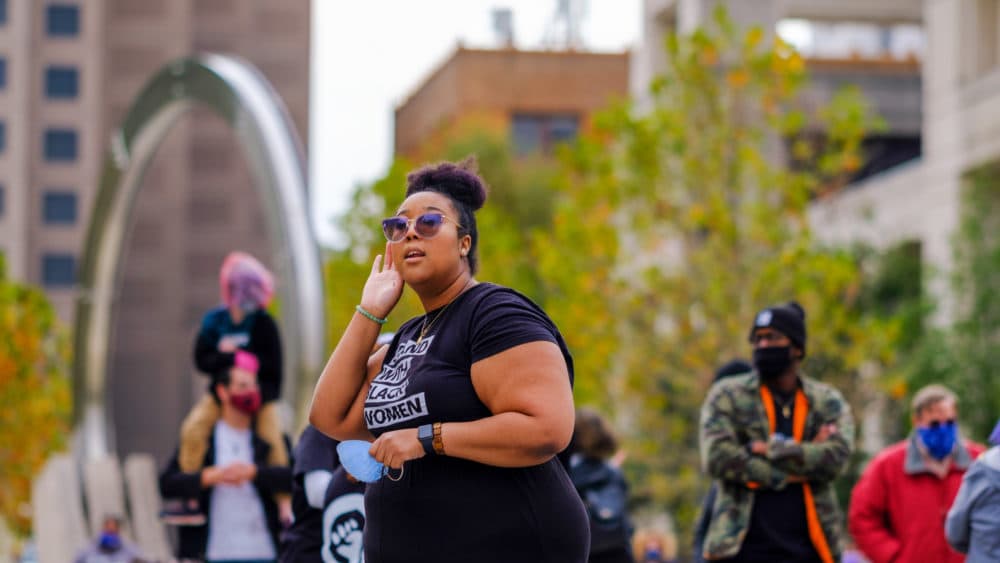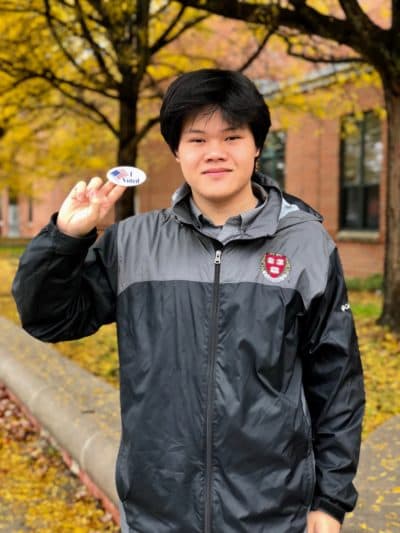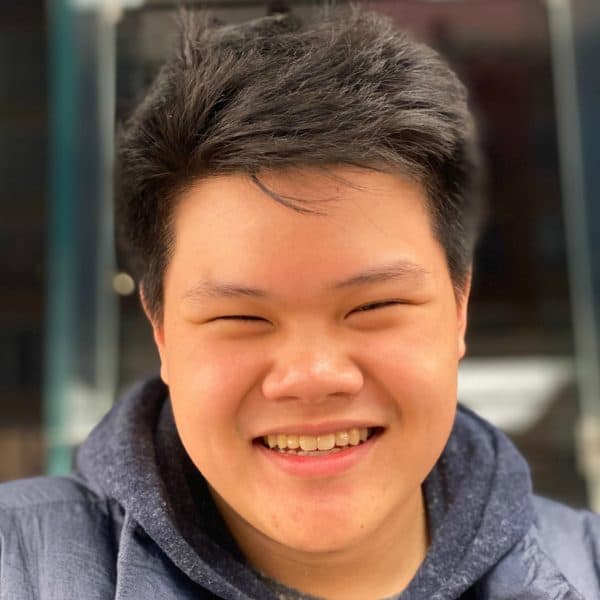Advertisement
Commentary
The 2020 'Youthquake' Is Coming

You’ve heard it before. At best, young people get mad, protest and post on social media. At worst, they simply don’t care. Regardless, while liking posts on racial justice seems to come intuitively, bubbling in a ballot is Greek to them.
But the posts are now turning into votes. After seeing the largest increase in turnout among any age cohort in the 2018 midterm elections, data suggests that young Americans, from 18 to 29, are showing up again and doing so enthusiastically. The Harvard Youth Poll conducted by the Harvard Public Opinion Project (HPOP), a group I chair at the Institute of Politics at Harvard Kennedy School, found that 63% of respondents indicated they will “definitely be voting.” This is a 16-point jump from the same time in 2016.
This isn’t just any increase. It suggests that youth turnout could be record-breaking this year.
Data aside, the excitement is evident. Instagram stories about beach excursions have turned into posts encouraging friends to make plans to vote. Time spent talking with my friends from Medford High about the Patriots is now spent having serious discussions about racial justice and the COVID-19 response. A friend from college texted me last night to tell me he was flying home to North Carolina just to vote. No matter what angle you look at this from, there’s no denying that there is indeed a rumbling. The youthquake appears to have arrived.
Instagram stories about beach excursions have turned into posts encouraging friends to make plans to vote.
If you need to know anything about our generation and why we’re voting, just look at this figure from our latest poll: we’re anxious about our futures. Fifty-three percent of young Americans reported experiencing anxiety in the last 24 hours, an increase of five-points from Spring 2019. The percentage experiencing calm has decreased by 13-points over the same period. Our anxiety is reaching a fever pitch — and we’re translating it into votes.
COVID-19 has magnified the stress in our lives. Young Americans today find themselves on the frontlines of the pandemic’s “triple crises.” According to our poll, a quarter of young Americans have had to isolate due to the pandemic, and 41% have had a friend or family member who was diagnosed with COVID.

Furthermore, our education has been disrupted, our job prospects have faltered, and our communities have begun to experience a racial reckoning, causing constant concern about the wellbeing of ourselves, our friends, and our families. In light of these challenges, our poll shows strong youth support across party lines for the government to address the economic consequences of the pandemic and take action on race relations.
But youth anxiety was prevalent long before the first novel coronavirus cases arrived in our country. In focus groups in New Hampshire and South Carolina, HPOP heard repeated concerns about housing, healthcare, and climate change. One South Carolina voter told us, “the government doesn’t feel like it's really working for the wellbeing of society. It’s run as a business rather than a government.”
We have grown up with the fear of school shootings. We have witnessed the destructive forces of unchecked climate change. We have participated in demonstrations against racial and economic injustice. Now, we are desperate for sure-handed leadership.
Advertisement
Driven by our anxieties, young people will finally stake our claim in politics.
In past election cycles, candidates have tried to bring young people to the polls with cheeky, patronizing slogans (“Pokémon Go to the polls” rings a bell). But we vote because we want real, substantive change from our politicians.
We want our legislators to do more than just pass a short term stimulus package or incremental criminal justice bill. The next administration must lead the conversation on rethinking our nation’s priorities, starting with a comprehensive discussion of mental health, something our polls show both Democrats and Republicans overwhelmingly support.
Driven by our anxieties, young people will finally stake our claim in politics. Many of us have found candidates that give us a voice. Many of us want to restore decency, a key to combating anxiety. Many of us are simply desperate for change. This anxious generation has taken to the streets and flooded social media, but yet we feel unheard and see little progress. We are clinging to the ballot box as our last hope to reshape our futures. I can promise you that this is the beginning, and not the end, of our mission to change the country we love for the better.
